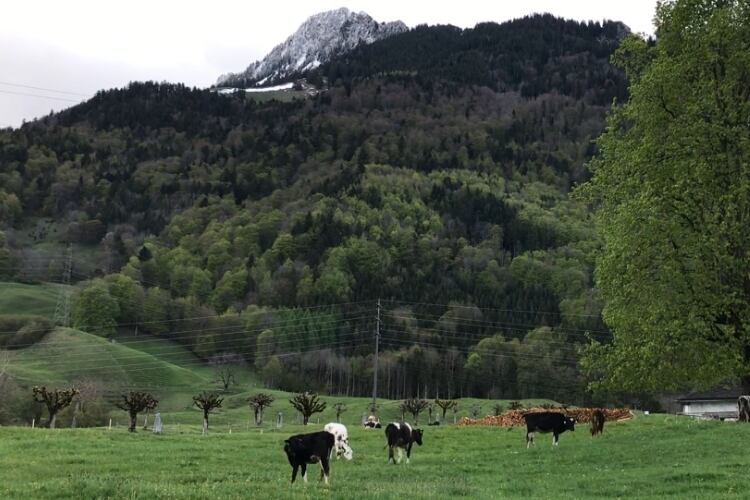In 2017 and 2018 alone, organic milk production in Germany increased by almost 20% year on year.
The growing market significance of organic milk means that there is an ever-increasing demand for information about the sector as well.
Organic milk production costs have been analysed in the "Calculation of organic milk production costs in Germany – marketing years 2011/12 – 2018/19" study by the Farm Economics and Rural Studies Office (BAL).
This study, which has been commissioned by the MEG Milch Board, BDM and EMB, will now publish data on production costs in the German organic milk sector on an annual basis.
The total production costs for 2018/19 were 71.89 cents per kilogram of organic milk. Subsidies, which are considered farm income, are then deducted. This results in a final price of 60.29 cents per kilogram.
Kjartan Poulsen from the EMB said cost information is essential to obtaining a realistic picture of the market.
"When you look at organic milk production costs of 60.29 cents against the price of 47.40 cents, it quickly becomes clear that organic milk producers are not covering their costs."
Only 79% of production costs incurred on the farm are compensated by the price. If producers were to cover all costs, including fair remuneration for their work, they would need to be paid an additional 16.34 cents per kilogram of organic milk, the EMB said.
Klaus Vetter from BDM, the German dairy farmers' association, said the study also presents important data about the last five years, in addition to the latest figures.
"Even though the organic milk price has maintained a relatively stable average between 47 and 48.5 cents over the last five years, the reality on the ground for farmers has been anything but easy. As the study clearly shows, production costs were an average 64.16 cents per kilogram, which means that the average cost-coverage shortfall was 16.34 cents. It is, therefore, quite evident that 2018/19 was not an outlier because inadequate cost coverage was characteristic in the preceding five years as well," Vetter said.
Peter Guhl, president of the MEG Milch Board, said in spite of the differences between conventional and organic production, all dairy farmers are operating with significant cost-coverage shortfalls.
The EMB said a report by the Federal Ministry of Food and Agriculture (BMEL) on the economic situation shows while farm-gate prices for organic milk are higher, the difference in income between conventional and organic dairy farms has been relatively nominal for years now.
All three associations involved in the study said consumers who make a conscious choice to buy organic products assume they are supporting cost-covering prices and fair remuneration for organic milk producers with their purchase.
“This means that the economic foundation – the organic milk price – must also be laid in such a way that the demonstrated milk price gap can be bridged. Only true cost-covering milk prices can ensure that small-scale organic milk farms can engage in future-proof production and can survive in the long-term," the organizations said.



